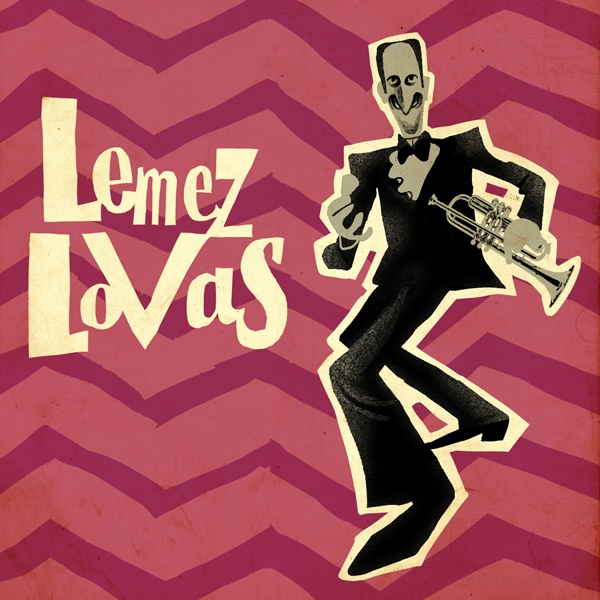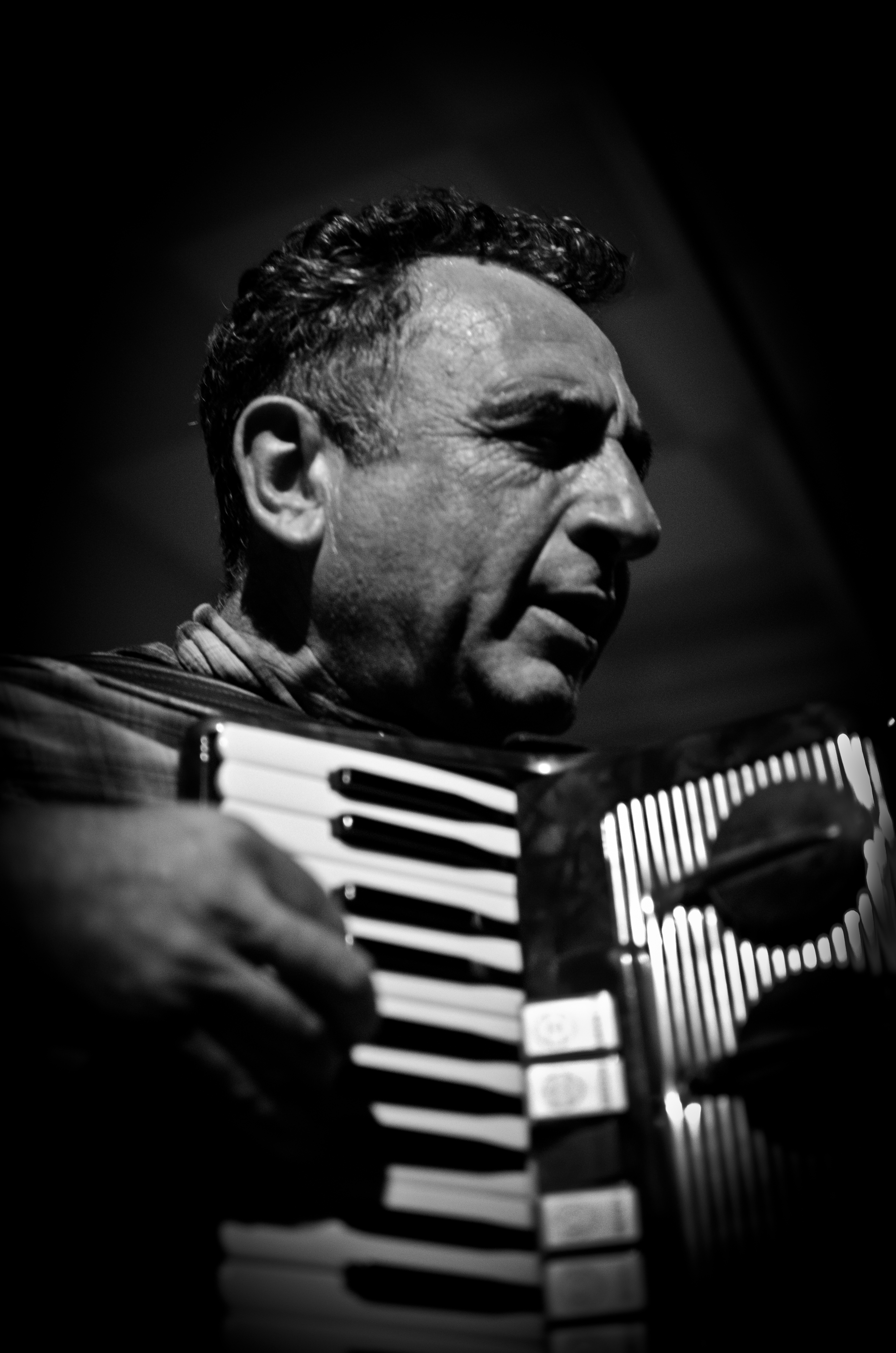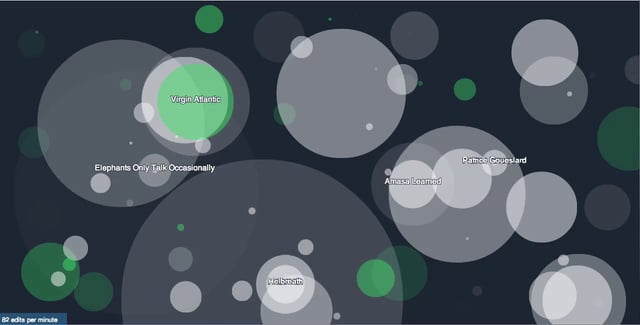

Hello.
I'm a musician, linguist and hacker with a special interest in anthropology, politics and education. To varying degrees: Arabic, Croatian, French, Hebrew, Hungarian, Japanese, Javascript, Python, Ruby, Tamil, Ukrainian.
Here you can find some things about me, not least that someone once made me customised tins of sweet сгущёнка condensed milk.Just to be clear, I'm not this person or this person. And if you want the "About This Site" page, that's here.
In no particular order, I'm interested in folklore and ritual culture, radical education, human languages, singing and vocal techniques, sound, acoustics, absurdist literature, identity politics, language acquisition and loss, dance and the body, computational linguistics, storytelling and children's culture, statistics, computer hacking, censorship, Ukraine and the former Soviet Union, India, Roma and Jewish issues, liminal spaces, sacred music, infrasound, social structures, ownership and art as activism.
Below are a few highlights from my past work in music, technology, radical education and media.
Music
 Great artwork #306, courtesy of the genius that is Melamed.
Great artwork #306, courtesy of the genius that is Melamed.
Bands
I spent many years of my life running bands, performing on stage and touring. It is still something I love to do. I got some great artwork out of it. From my first band Oi Va Voi, I got to see a glimpse of the rock'n'roll touring life. It was my education - as a professional songwriter, bandleader and co-producer alongside top producers and industry folks.
My next band Shtetl Superstars was formed as a satirical response to the wave of racist sentiment in the UK.
My last band Yiddish Twist Orchestra was a continuation of this feeling: an art project that uses London social history to tell a truthy story about the hybrid mix of immigrant Yiddish, West Indian and Latin sounds in London's Soho at the dawn of the rock'n'roll era.
Artists and Songs
There are plenty of ways to write a song. As a poetry graduate, I lean towards writing lyrics and then setting them to music rather than the other way round.
 The man with the golden sandpaper voice, Alik Kopyt
The man with the golden sandpaper voice, Alik Kopyt
I've produced a few artists over the years, and it has helped me to understand a thing or two about performance, particularly vocals. Whether blessed with a voice like an angel or as rough as sandpaper, the best recordings have been with artists who understand that singing behind a mic and singing on stage are one and the same. That kickstarted my interest in working with singers, and I've since learnt a lot more about the mechanics of the voice. It never ceases to amaze me how magical the voice is, and how we can create different resonances and voice types by constricting our muscles and obstructing our airways in different ways.
As an aside, learning Sanskrit is a fantastic way to really understand voice production, and how the entire vocal tract works. Each piece of articulation (each sound and letter) in the language is organised into groups according to the place in the throat or mouth that it is produced, and it makes you deeply aware of how to make each sound sparkle. More information about Sanskrit and sound is easy to find, but to get you started, here's an article about how it can be used as a precise diagnostic tool for speech therapists.
Theatre, Film and Others
My first degree was in Russian and French literature, specialising in poetry and drama, and I've spent many a happy hour in a dark theatre watching magic unfold on stage. Watching actors and musicians bring your ideas to life is one of the greatest compositional thrills I know.
I was a partner in a central London music studio, Lemez & Fridel for some years, and we worked with all sorts of wonderful artists for their albums, theatre productions and TV spots.
Current Projects
I'm currently learning the vocal repertoire of Carnatic music in South India, researching music and medicine in Indian traditions, and working with music and sound in special needs education. I'm the son of an anaesthetist, so you could say it's in my haemoglobin.
Technology
 Geeks do beautiful things. Like this.
Geeks do beautiful things. Like this.
I taught myself to code because I love geekery and it seemed like a perfect excuse. Also I had just founded a startup and I realised that London was a terrible place to look for programmers.
Media
Radio
Recorded in Accra, Ghana, as part of BBC Radio 2's World Class Brass.
I love radio. Back in the day, BBC World Service were nice enough to let a bolshy graduate in off the street pitch a feature about music and politics in Ukraine, and I never looked back. I've produced and presented feature documentaries and reports for BBC World Service, BBC Russian Service, BBC Radio 2, BBC Radio 3, CBC Canada, Resonance FM, and helped to set up OpenAir at SOAS, University of London.
Film
Why archaeology and conflict don't mix well.
I was part of a small indie TV & film production company in Jerusalem for two years. We made cultural reports and documentaries, and sold them mostly to Scandinavian broadcasters (apparently not much happens up there). Our proudest moment was winning the Audience Prize at Nyon Film Festival for a film about archaeology and politics.
I've written for a fair amount of publications, large and small, as well as lyrics, poetry, and even a novel for kids. I write in spurts, sometimes obsessively for months at a time, and then months go by without wanting to put a single word down. Currently, happily, am in full flow mode with this blog and other personal writings, which I know now has a proper name - sringara.
Education
Everyone should learn how to programme a computer, because computers teach you how to think.
That's a quote from everyone's favourite deity, Steve Jobs: but old Jobsy forget to mention one thing - if you only learn to think like a computer, then you are screwed for life.
Steve Jobs made us all love computers. I wish it were anthropology or languages instead. Technology and computer-think teaches us nothing about each other, and everything about a rational, binary world that bears no relation to the world we live in. To learn coding is a useful skill today, much as running was during the Viking invasion. It could well get our kids a job, but encouraging us all to spend more time with machines and less time with each other leads to a dystopian future that I want my children to stay well away from.
I'm particularly interested in the philosophies of Paolo Freire, Sri Aurobindo's integral education and the gurulkul system of Indian arts practice.
My language-learning startup Tonguesten was a radical attempt to allow kids to learn languages using the music videos and online videos that they consume anyway, effectively leading towards a DIY text book, personalised for each student according to their tastes.
It was a wild ride while it lasted, and it left me with a deep respect for computational linguistics, and a deep distaste for UK educational policy and the cynicism with which technology business try to exploit the ringfenced funding within the education sector. Sadly for the educational technology scene, proving that your app actually helps kids to learn takes a long study conducted under clinical conditions, and investors would rather you got something out there to make a quick return, so noone really bothers. And while the UK government continues to promote shiny, new technologies like magpies on heat, the real effect of technology on our kids' education becomes a moot point.
In reality, education technology is marketed as a budget-saver, and the we all know that teachers themselves are the most expensive part of any school. So, much like the CEOs of Silicon Valley, I'll send my own children to Steiner, Waldorf or Krishnamurthy schools, where class sizes are small, kids get a lot of personal attention, and the school is smart enough to leave the shiny gadgets for computer class, once or twice a week, and no more.